In India, stray animals are often seen as a threat and considered to be dangerous. Animal lovers who feed and look after strays are also met with hostility. Indian street animals endure difficult living circumstances - exposure to severe weather conditions, lack of food and water, and a high risk of injuries. Many street animals are abused and neglected by people, enduring unimaginable levels of anguish and agony. People don’t realise that these poor, innocent souls are sentient beings who feel the same amount of despair as we do, sometimes even more.
The lives of stray animals in India are wretched, even if the country has laws protecting them. A large majority of people dismiss news of dog poisonings or avert their eyes when strays get teased or beaten up on the streets. The Indian Constitution has potent laws and regulations in place, favouring of strays and those working for the welfare of these animals.
The recent cases on animal mistreatment have sparked a whole new debate over stray animal regulations. For these unfortunate souls, being a stray animal in India is as bad as being in a war zone, where they are subjected to merciless violence for no fault of theirs, or thrown out of their comfort zones.
Here are some important laws for street animals that people should be aware of. In light of the rising prevalence of animal abuse in India, all the animal lovers should be cognizant of this crucial piece of information.
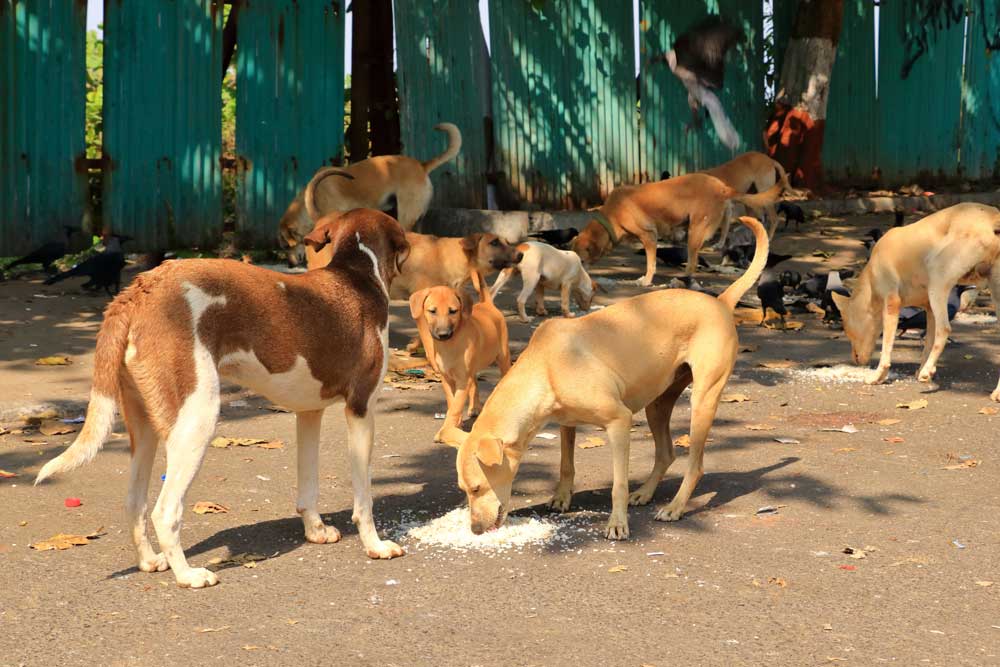
It is not illegal to feed stray animals
Even though it is not against the law to feed stray dogs, it is not unusual for people in India to be attacked for doing so. According to the Delhi High Court, there are no legal restrictions on feeding stray animals. Feeding strays is actually both legal and beneficial, since it helps keep contain them in a certain area. This makes yearly vaccinations and effective birth control possible as well.
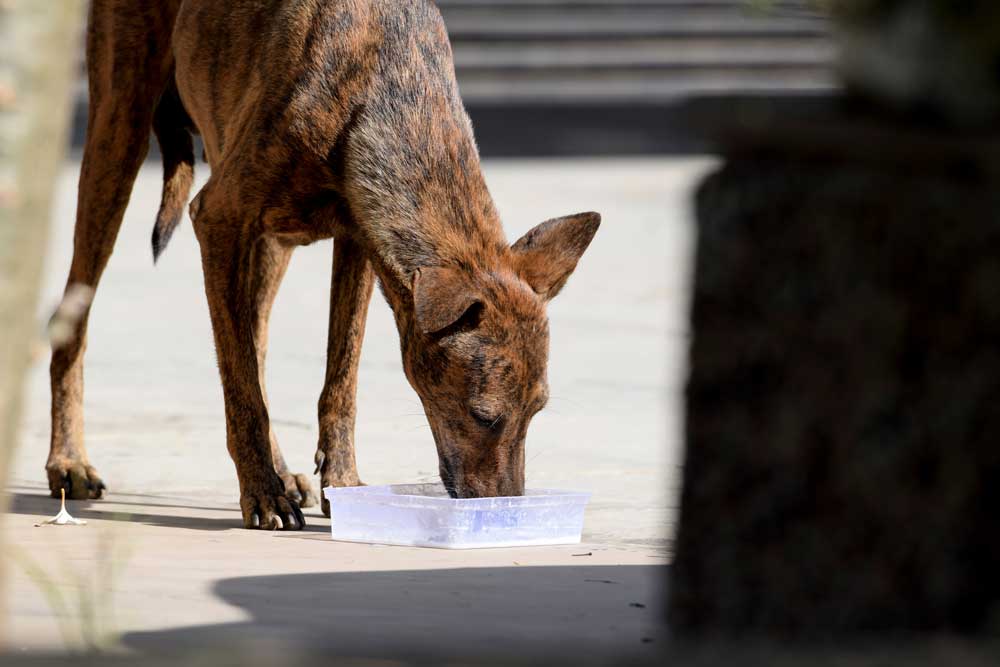
Poisoning strays is illegal
That's correct! It is morally and ethically unacceptable to poison defenceless stray animals. It is prohibited in India and many other nations. According to Sections 428 and 429 of the Indian Penal Code and the Cruelty to Animals Act of 1960, it is unlawful to maim or injure any animal. Additionally, it is against the law for cars to intentionally hurt cows, dogs, or cats on the road. If someone is observed breaking these regulations, they can be reported to the police and the local animal protection group/organisation. Under the aforementioned sections, a case may also be filed. All of these offences have a minimum fine of ₹2000 and a maximum sentence of five years in prison.
It is against the law to hurt stray animals
It is illegal to injure a street animal in any way, as stated in Sections 428 and 429 of the Indian Penal Code and the Cruelty to Animals Act of 1960. However, it is not uncommon for people to purposely hurt stray animals and these happen every day.
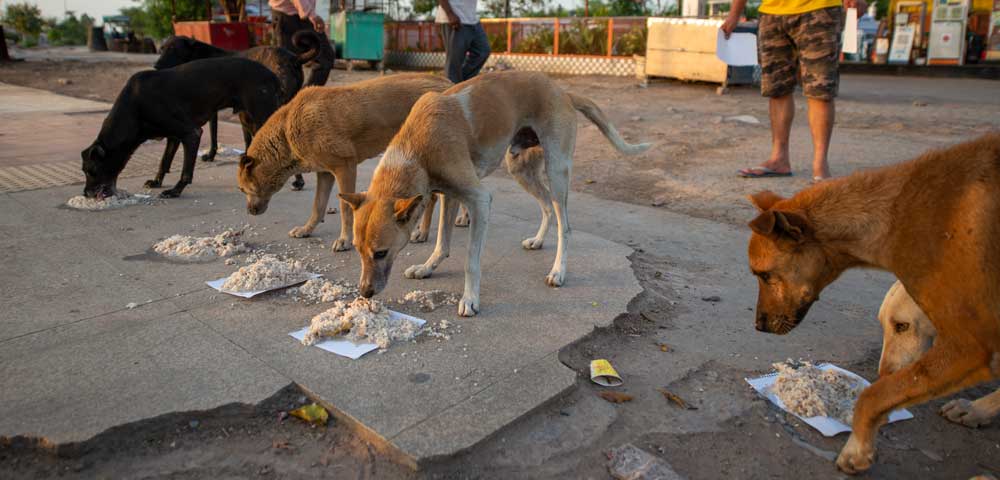
Government issues IDs to the feeders
Despite getting IDs issued by the Animal Welfare Board of India, feeders still get harassed. Those who wish to shield stray animals from abusive animal-haters can do so with the use of these IDs. Additionally, the Board hosts Animal Welfare Fortnight, which does not receive the kind of attention as it should.
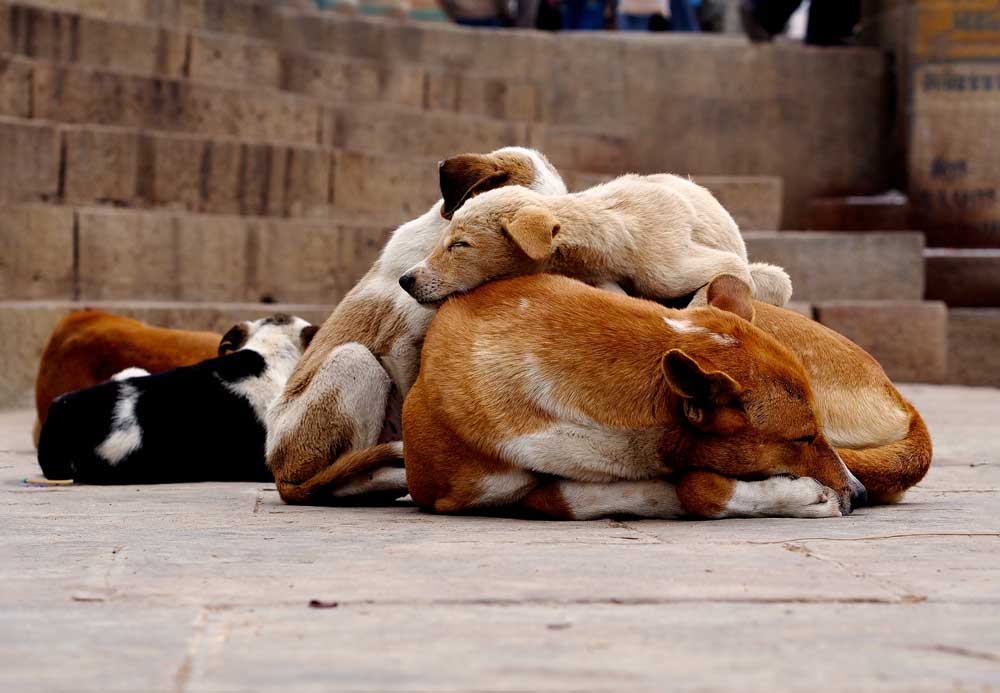
It is against the law to relocate stray animals from their territory
Stray animals create social networks and territories so it can get quite stressful and confusing for them if they get relocated. Relocating stray animals is prohibited under Sections 11(1)(i) and 11(1)(j) of the PCA Act. All sterilised canines must stay in their original locations in accordance with the High Court’s orders. If a dog is intact, society can get in touch with the welfare department to have it vaccinated and sterilised. Furthermore, there is a risk to human health and safety when stray animals are relocated without enough planning. Animals that migrate may exhibit increased aggression or carry illnesses that can spread to humans or other animals.
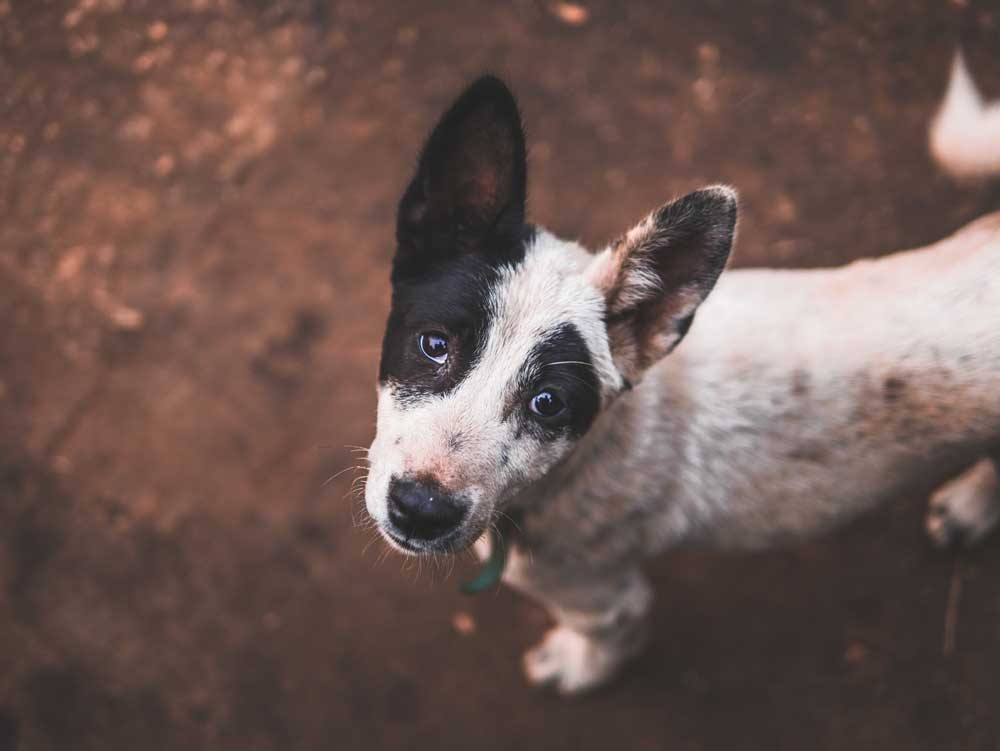
It is illegal to deliberately starve stray animals
Under Section 11(1)(h) of the PCA Act, it is unlawful to purposefully starve stray animals and deny them shelter. The issue has been taken on by numerous people, and organisations and have initiated food drives for stray animals. However, some people still attempt to prevent them from doing so, with the belief that starving dogs to death is the best way to address the problem of canine overpopulation. This is a shame! Every animal, including stray dogs, have the right to proper care and nourishment, and depriving them of this fundamental need simply adds to their suffering and distress.
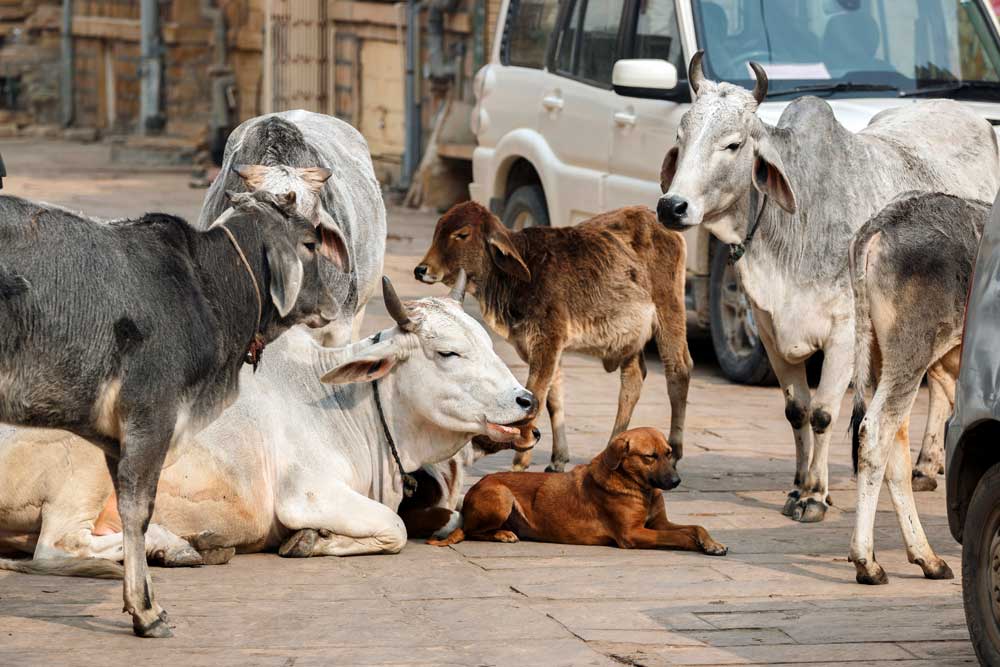
It is illegal to capture strays against their will
It is unlawful for anybody to trap, provoke, or bait street animals with the intention of harming them, according to Section 9 of the Wildlife Protection Act of 1972. Animals’ physical and mental well-being may suffer if they are forcibly removed from their natural habitat during captivity. As a result, it violates Section 9 of the Wildlife Protection Act and is considered cruelty. No one is allowed to injure street animals by trapping or baiting them. Anyone found guilty of doing so—or even trying—may suffer dire repercussions.
Capturing street animals may occasionally be required to protect them or give them medical attention. However, according to Indian animal regulations, it is unlawful and constitutes animal cruelty if done without appropriate justification and concern. The well-being of the animals must always be considered when capturing them. Additionally, these captures have to be done morally and in a humane way.
NGOs play a major role in putting these regulations into effect. Article 51A (g) of the Constitution, sections 428 and 429 of the Indian Penal Code, and the Prevention of Cruelty to Animals Act, 1960, as well as regulations established under Section 38 of the act, specifically the Animal Birth Control (Dogs) Rules, 2001, provide protection for stray dogs. Despite such extensive laws in place, people still walk free after committing inhumane treatment to the animals.,
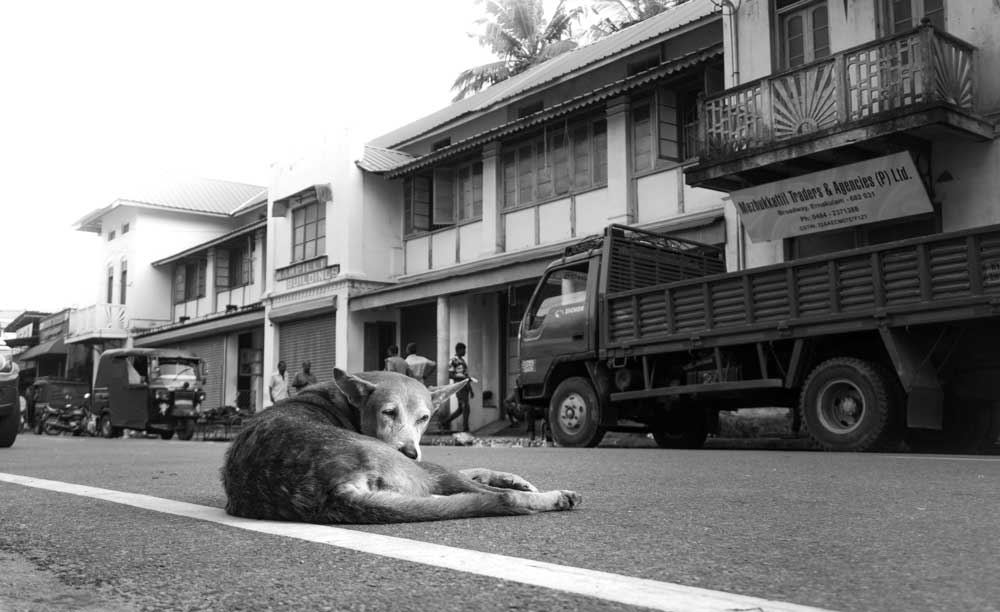
The responsibility is on us to be aware of the various animal laws in India that are in place to safeguard our strays. To uphold these rules and guarantee the welfare of these animals, the government is collaborating with animal welfare organisations. Animal rights must be recognised and respected, and people must realise that #StrayLivesMatter.
Image source: Pexels